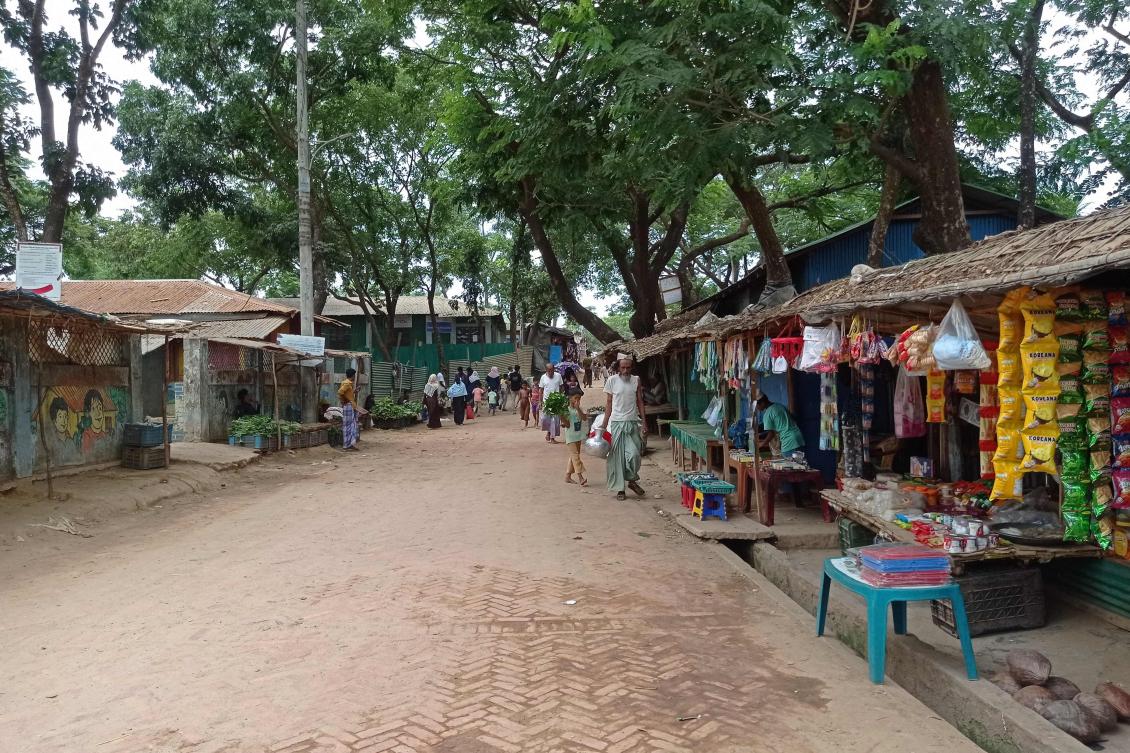IRSC TODAY;
- Get link
- X
- Other Apps
DHAKA: Bangladesh ordered a strict lockdown in five camps that are home to nearly 100,000 Rohingya refugees following a sharp rise in coronavirus cases in the world’s largest refugee settlement this week, government officials said on Friday.
Nearly a million Rohingya refugees who fled persecution in Myanmar live in 34 sprawling camps in southeastern Bangladesh, and campaigners have warned that the crowded conditions make it difficult to stem the virus’s spread.
Cases in the camps have stayed relatively low since the pandemic began, but test results on Wednesday and Thursday showed a higher rate of transmission, said government official Shamsud Douza. On Thursday, 45 out of 247 tests were positive.
“The coronavirus spread in the camps has been low since the beginning. But the spike made us take this decision as a preventive step,” said Douza, who works at the government’s Refugee, Relief and Repatriation Commission (RRRC).
Under the lockdown that took effect on Thursday, residents will not be able to move between different camps and only essential services will operate.
“We haven’t decided when we will lift the lockdown,” Douza added.
There have been 864 confirmed cases of COVID-19 in the refugee camps out of about 41,500 tests, and 13 deaths.
Officials think the spike in cases may be linked to an increase in the number of gatherings in the camps during the Muslim holy month of Ramadan, which ended on May 12.
Bangladesh’s government has said it will include Rohingya refugees in the nation’s vaccine roll-out, which has stalled since neighboring India curbed its vaccine exports in April.
Bangladesh was supposed to receive about 30 million doses of the AstraZeneca vaccine from India this year, but has only received 7 million, and has so far vaccinated just 2 percent of its 170 million people.
Mass vaccination among refugees will be crucial for fighting COVID-19 in the camps in the long term, officials said.
“We have already trained several vaccinators and helping hands to provide vaccines in the camps. Now all we need is the supply,” said Abu Toha, health coordinator at the RRRC.
“Considering how crowded the area is, it will be good if vaccines can be supplied here,” he added.

from World https://ift.tt/3yvfy47
- Get link
- X
- Other Apps
Comments